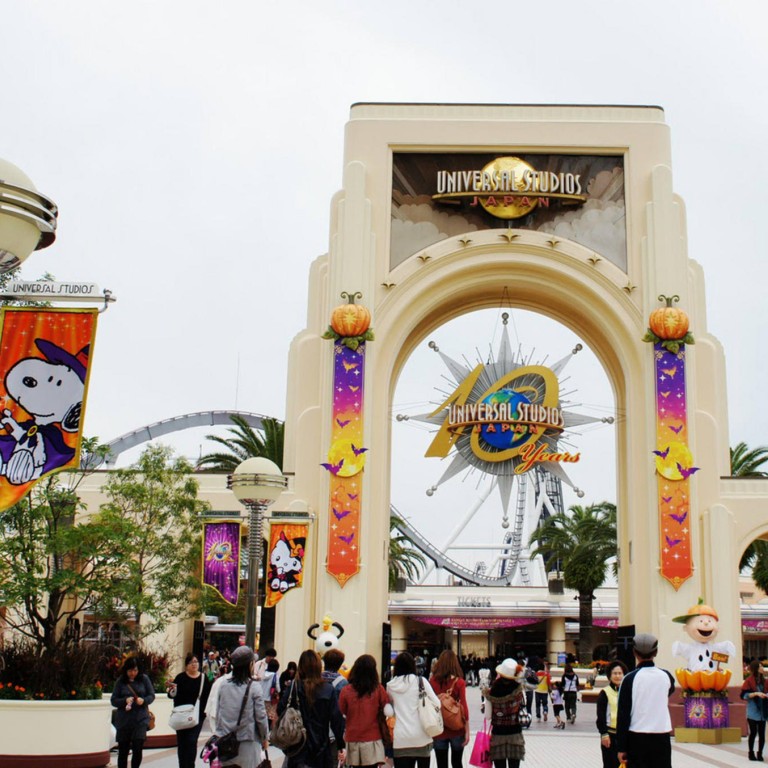
Universal Studios Japan gets US$250m cash boost from PAG
Private equity firm drawn to theme park operator's dominant position in Japan and expansion plans amid hint of further monetary easing
PAG, an Asian-focused private equity and investment management firm, has invested US$250 million in theme park operator Universal Studios Japan in its first corporate investment in Asia's second-largest economy.

The fresh capital will be deployed into the development of the new Harry Potter attraction in Japan and expansion into other parts of Asia.
The Japanese private equity market remains one of the most difficult in Asia because of the stringent regulatory environment.
Nevertheless, private equity firms have invested US$4 billion in the country so far this year, surpassing last year's US$3.7 billion, according to Dealogic. Merger and acquisition deals in the real estate sector posted a 93 per cent year-on-year increase to US$25.5 billion in the first nine months, followed by the financial sector, in which the deal value doubled to US$11.6 billion.
A consortium of investors, including PAG and the Abu Dhabi sovereign wealth fund, bought Tokyo's Shiba Park Building for US$1.2 billion in August in the biggest property investment in Japan since the global financial crisis in 2008.
Apart from the property purchase, Japan-based Secured Capital, a PAG real estate unit, raised US$1.5 billion this year for a fund that focuses on distressed real estate and debt opportunities in Asia.
"In contrast to the aggressive high-leverage strategy which is commonly adopted by United States and European funds, the majority of Japanese domestic deals were structured by common-stock investment, making the country unattractive to long-term overseas investors who usually carry an investment mandate with time constraints," said a private equity manager who runs an Asia portfolio.
"With a more favourable outlook for the Japanese secondary stock market, most Japanese corporates and private equity firms predict a further improvement in business conditions next year."
Even with looser monetary conditions, Japanese consumer confidence was lower than in the first month after Prime Minister Shinzo Abe's government came to power in 2012, said economists at Capital Economics, a London-based research firm.
Willingness to buy durable goods, a good indicator of retail sales, has dropped slightly before the introduction of the consumption tax in April next year.
PAG chairman and chief executive Shan Weijian, a former partner at US private equity firm TPG Capital, said Universal Studios Japan's dominant position in the country's theme park market and expansion plans made it a very attractive investment for the group's private equity fund.
Founded in 2002 and with US$10 billion of assets under management, PAG has funds in private equity and real estate.

